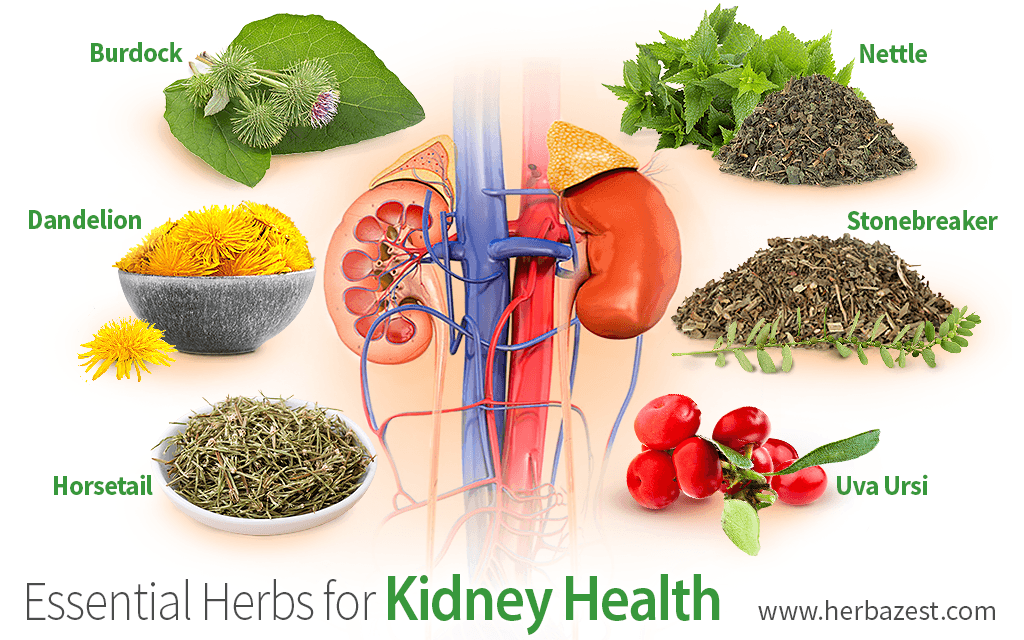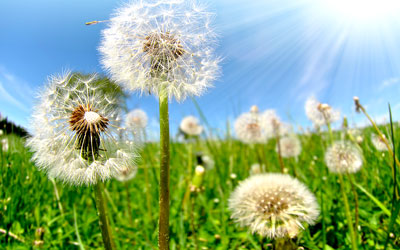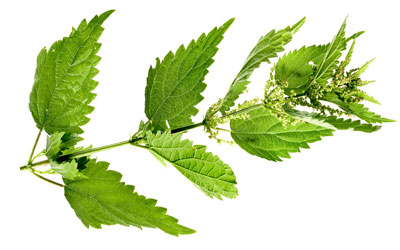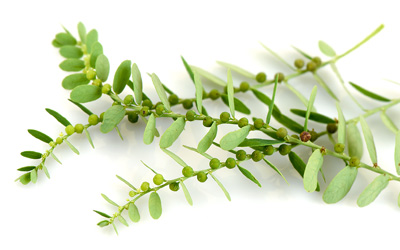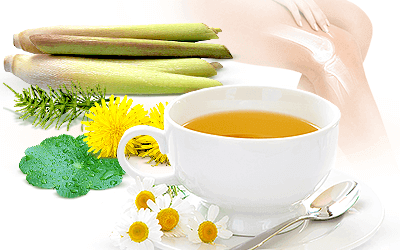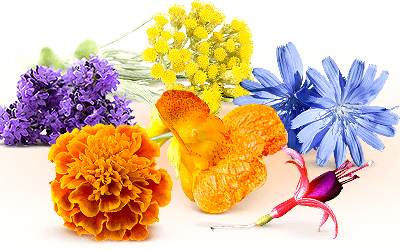
The urinary system is in charge of filtering residual fluids and toxins and eliminating them through the urine. The upper parts of the urinary system are the kidneys and the ureters, whereas the lower section includes the bladder and the urethra. This natural draining system usually works like a charm, even in heavy duty situations, like after weekend hangovers and heavy meals.
However, a life of excess comes at great cost, and overtaxing these vital organs can cause problems in the long run. The diseases that most commonly affect the urinary system include bladder infections, enlarged prostate, incontinence, kidney infections, and kidney stones. All of these problems can have different causes that range from inherited and age-related conditions to unhealthy eating habits, in combination with insufficient water intake and a sedentary lifestyle.
The statistics indicate that in the United States alone, the risk of kidney stones is about 11% in men and 9% in women. Common health conditions that increase the likelihood of developing kidney stones are high blood pressure, diabetes, and obesity.1 An interesting fact is that most people with kidney stones don't even know they have them until they feel acute pain.
The key word here is prevention. Since urinary and kidney problems are are progressive, regular checkups and lifestyle changes (like drinking more water, eating healthier, and moving more) can be a huge step towards avoiding them or controlling them in early stages.
How do Kidney Stones Form
The urinary system is complex and each one of its parts is essential; however, it is the kidneys that usually do the heavy work. They are in charge of removing waste materials, mostly fluids and mineral compounds, by sending them to the ureters, from where they move to the bladder and are eliminated through urination.
When the urine becomes too concentrated in certain substances (like uric acid, calcium, and oxalate), they can stick together, forming crystals. These crystals, popularly called "kidney stones," can just sit there without getting noticed until they start to move, causing intense pain.
There are four types of kidney stones, depending on their composition:
Calcium oxalate kidney stones. This is the most common type of kidney stones, caused by high intakes of foods that are rich in oxalate, a natural compound that is abundant in plants and animals. Some foods high in oxalate are beets, black tea, chocolate, nuts, potatoes, and spinach. The oxalate bonds with calcium in the urine, creating kidney stones. Excessive levels of calcium in the blood stream (hypercalcemia) and an insufficient water intake are the perfect recipe for the formation of calcium oxalate stones.
Uric acid kidney stones. This type of kidney stones usually runs in families. They are caused by eating too much organ meats, shellfish, and other foods rich in compounds like purines. An excessive intake of purines increases the production of monosodium urate, which may lead to kidney stone formation.
Struvite kidney stones. Caused by infections in the upper urinary tract, this type of kidney stones are not as common as the previous ones.
Cystine kidney stones. These stones are rare. They are caused by an abnormal leakage of the amino acid cystine in the kidney.
Treatment Options for Kidney Stones
The crystals formed within the kidneys and ureters are usually small (less than 5 millimeters). They can dissolve on their own and be expelled through the urine before their presence is even noticed. However, in many cases, kidney stones grow bigger to the point of causing intense pain, which generally leads to a late discovery and more invasive (and expensive) medical approaches.
In some cases, depending on their size, uric acid crystals may be dissolved using medication; however, large crystals that cannot navigate the urinary system need to be broken into smaller pieces to facilitate their passage, or get surgically removed.
Herbs for Kidney Support
The good news is that before they cause any trouble, kidney stones can be prevented or eliminated. Other urinary system-related diseases can also be treated with alternative, non-invasive treatments. Mother nature provides us with a variety of herbs for kidney health and urinary care, many of which have been extensively studied.
1. Burdock
Burdock root's benefits for kidneys include reducing water retention. The build-up of fluid within the kidneys is rarely noticed until the blockage leads to a serious kidney infection, or even kidney failure. The polysaccharides in burdock roots and leaves act as a diuretic, stimulating urination, which helps prevent urinary and renal infections.2
2. Dandelion
The use of dandelion root for kidneys is based on the diuretic properties of the herb. Its high levels of sesquiterpenes are thought to stimulate the elimination of waste materials through the urine, easing the work of all the organs involved in the natural body cleansing process. This helps prevents the development of kidney and other urinary system-related diseases.3
3. Horsetail
High levels of silicic acid and luteolin allow for horsetail's depurative actions, making it useful for draining excess fluid from the body.4 Silicic acid can also help the kidneys to rid themselves of other harmful substances, particularly aluminum; however, horsetail intake must be supervised by a physician since overconsumption can cause toxicity and lead to kidney failure.
4. Nettle
For those who suffer from low urinary flow due to an enlarged prostate, nettle, also known as stinging nettle, can be very useful thanks to its diuretic properties. Its leaves are rich in flavonoids and phenolic compounds that help reduce inflammation and stimulate urination, helping treat and prevent infections and other common diseases below the waist.5
5. Stonebreaker
As its name suggests, stonebreaker has a unique quality that makes it the most valuable among kidney cleansing herbs. It is particularly beneficial for people who suffer from kidney stones, or those who are prone to them, and look for a preventative approach. A study has shown that drinking stonebreaker tea can be beneficial for people with kidney stones, not only helping eliminate them, but also preventing their formation.6 Studies have also demonstrated stonebreaker's protective effects against calcium oxalate-induced renal injury.7 A daily cup of a stonebreaker infusion for kidney stones prevention is recommended for those who want to lend their busy urinary system a helping hand and naturally detox their body.
6. Uva Ursi
Although uva ursi is still under investigation, and more research is needed in order to better understand its mechanisms of action, this herb has been used in folk medicine to treat bladder and kidney infections for centuries. It is thought that the main compound of uva ursi, arbutin, is responsible for most of the herb's antimicrobial, astringent, and disinfectant properties. These homemade uva ursi parsley capsules for urinary health may help relieve the uncomfortable symptoms of UTIs and aid recovery.
All the aforementioned herbs can be easily found online, either as teabags or in supplemental forms, such as capsules and powder. It's always best to consume them under medical supervision, taking into account possible interactions with prescription or over-the-counter medications. But remember, prevention is key for maintaining optimal health.
Sources
- Better Health Channel, Urinary System
- National Institutes of Health, National Cancer Institute - Urinary system
- National Kidney Foundation, Fluid retention in the kidneys
- National Library of Medicine, Treatment options for kidney stones
Footnotes:
- National Kidney Foundation. Kidney Stones. Retrieved May 16, 2023, from: https://www.kidney.org/atoz/content/kidneystones
- Journal of Parasitic Diseases. (2016). Therapeutic effect of Arctium lappa in Schistosoma haematobium associated kidney disturbance: biochemical and molecular effects. Retrieved May 16, 2023, from: https://www.ncbi.nlm.nih.gov/pmc/articles/PMC5118288/
- Journal of ALternative and Complementary Medicine. (2009). The Diuretic Effect in Human Subjects of an Extract of Taraxacum officinale Folium over a Single Day. Retrieved May 16, 2023, from: https://www.ncbi.nlm.nih.gov/pmc/articles/PMC3155102/
- Evidence-based Complementary and Alternative Medicine. (2014). Randomized,Double-Blind Clinical Trial to Assess the Acute Diuretic Effect of Equisetum arvense (Field Horsetail) in Healthy Volunteers. Retrieved May 16, 2023, from: https://pubmed.ncbi.nlm.nih.gov/24723963/
- Federation of European Biochemical Societies. (1999). Plantextracts from stinging nettle (Urtica dioica), an antirheumatic remedy,inhibit the proinflammatory transcription factor NF-κB. Retrieved May 16, 2023, from https://www.ncbi.nlm.nih.gov/pubmed/9923611
- International Brazilian Journal of Urology. (2018). Effect of phyllanthus niruri on metabolic parameters of patients with kidney stone: a perspective for disease prevention. Retrieved May 16, 2023, from: https://www.ncbi.nlm.nih.gov/pmc/articles/PMC6092661/
- Frontiers in Pharmacology. (2022). Phyllanthus Niruri L. Exerts Protective Effects Against the Calcium Oxalate-Induced Renal Injury via Ellgic Acid. Retrieved May 16, 2023 from https://www.ncbi.nlm.nih.gov/pmc/articles/PMC9400657/


